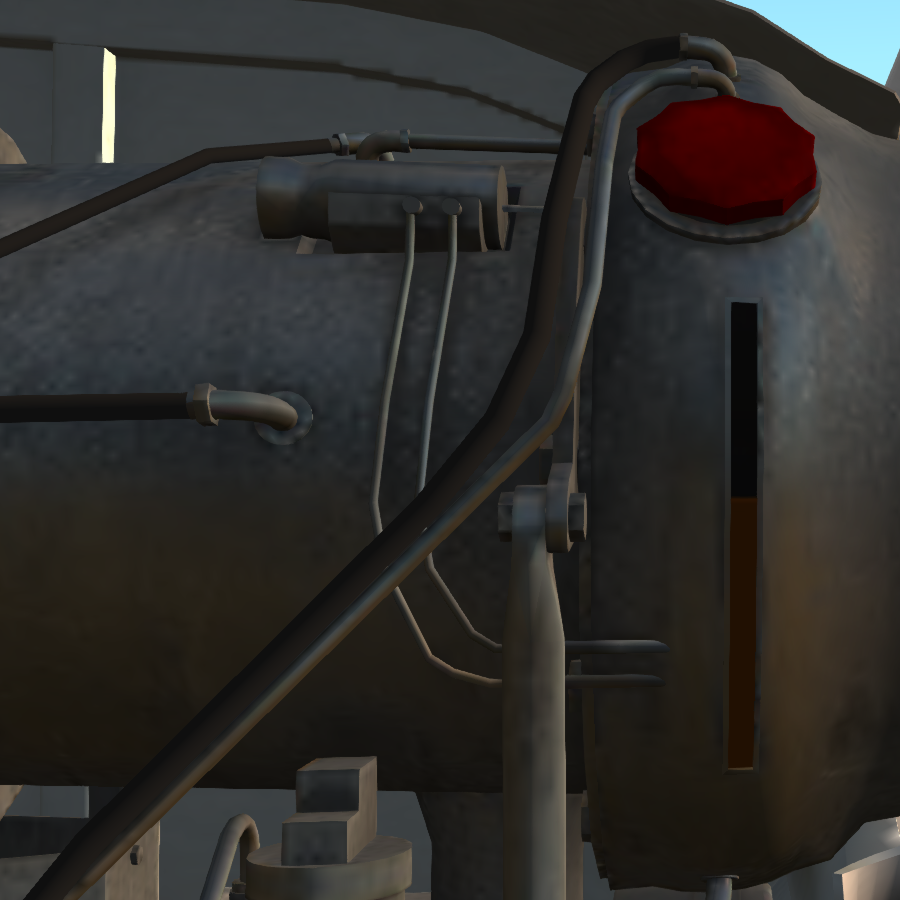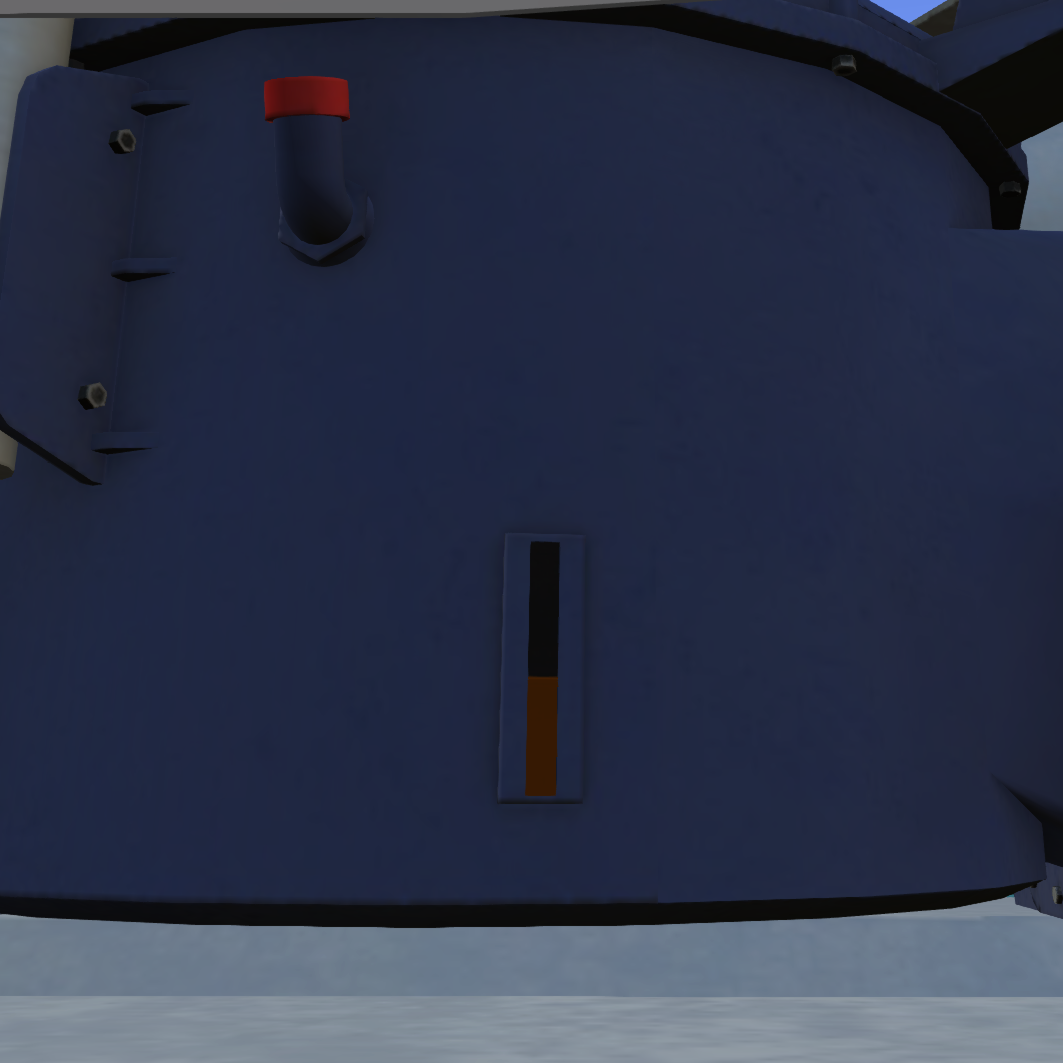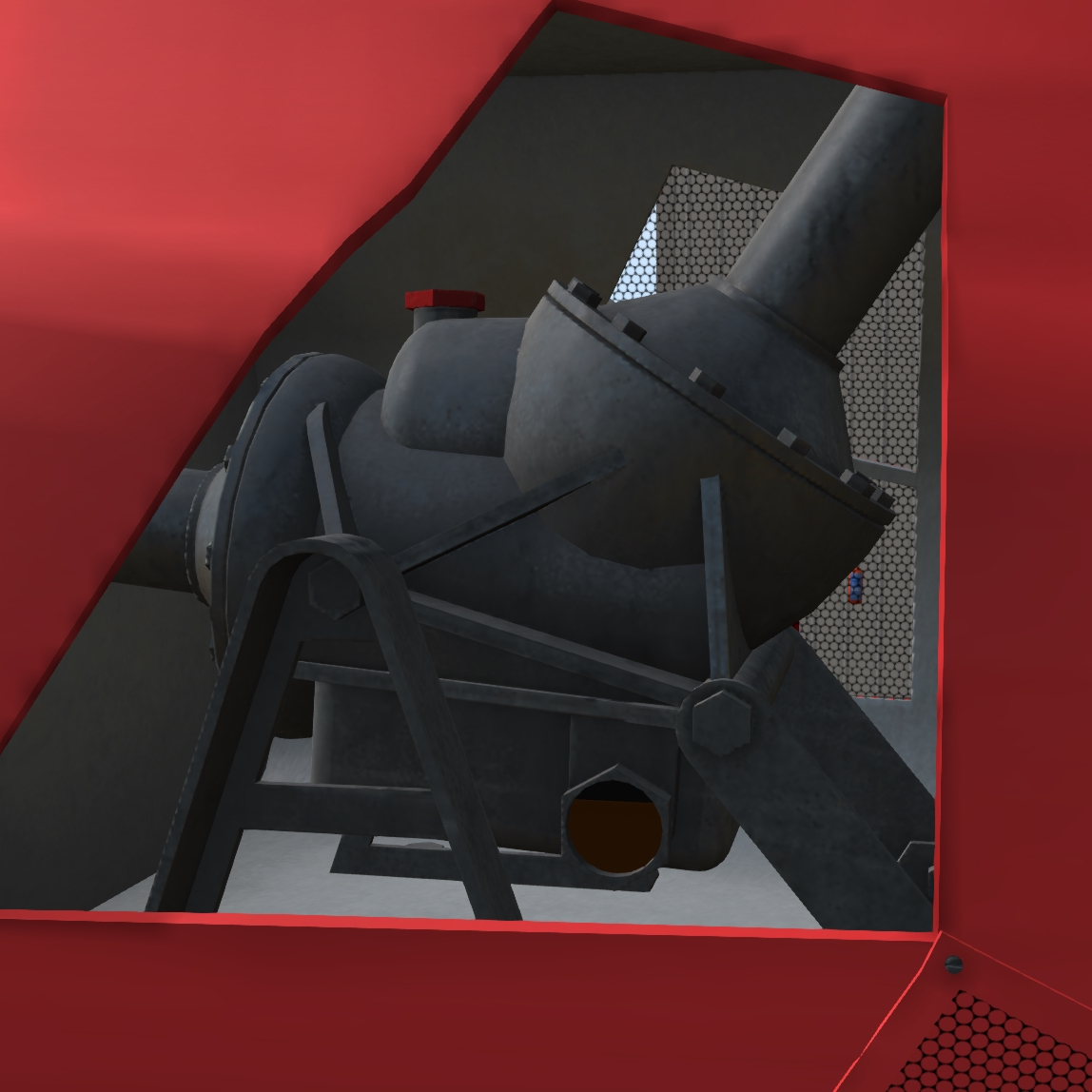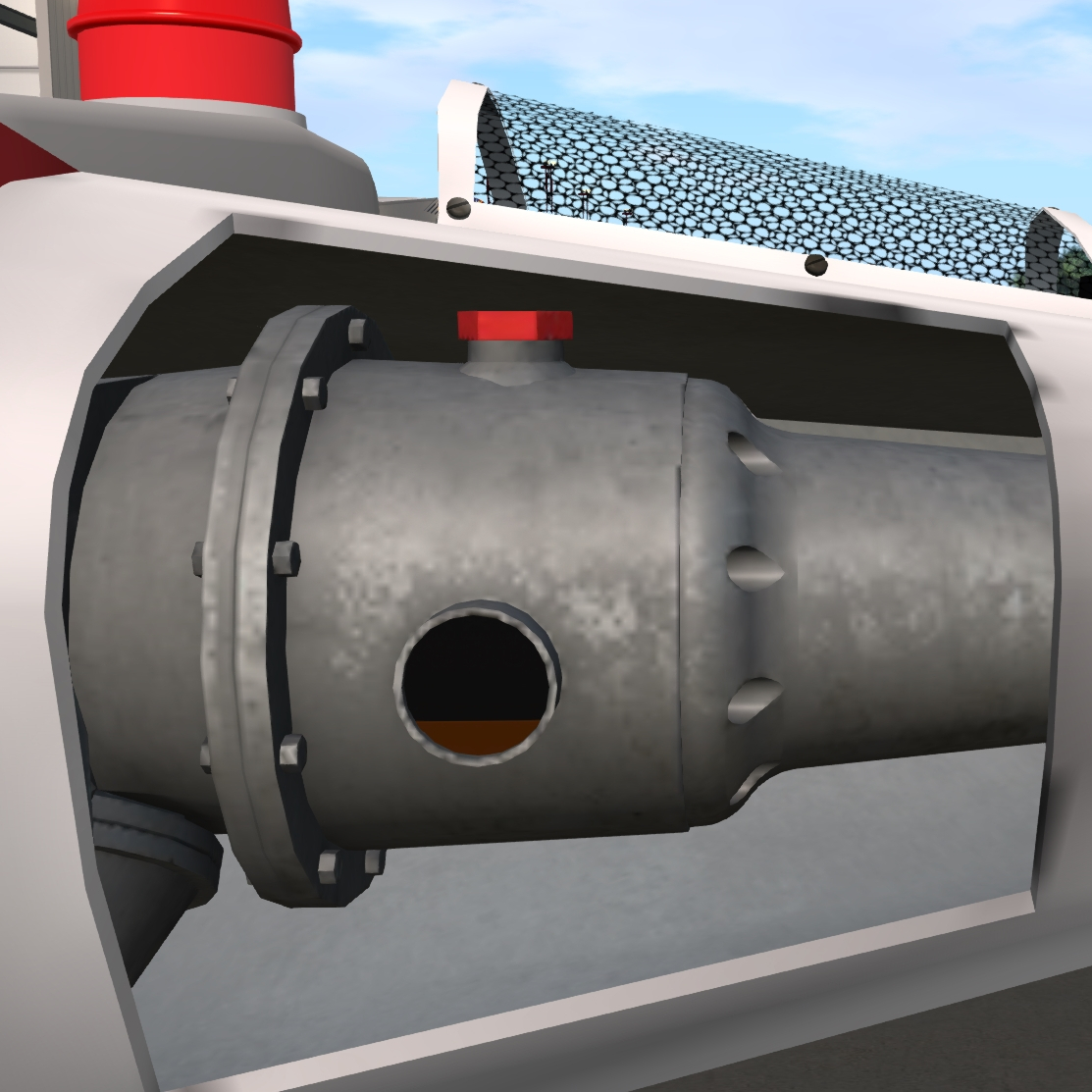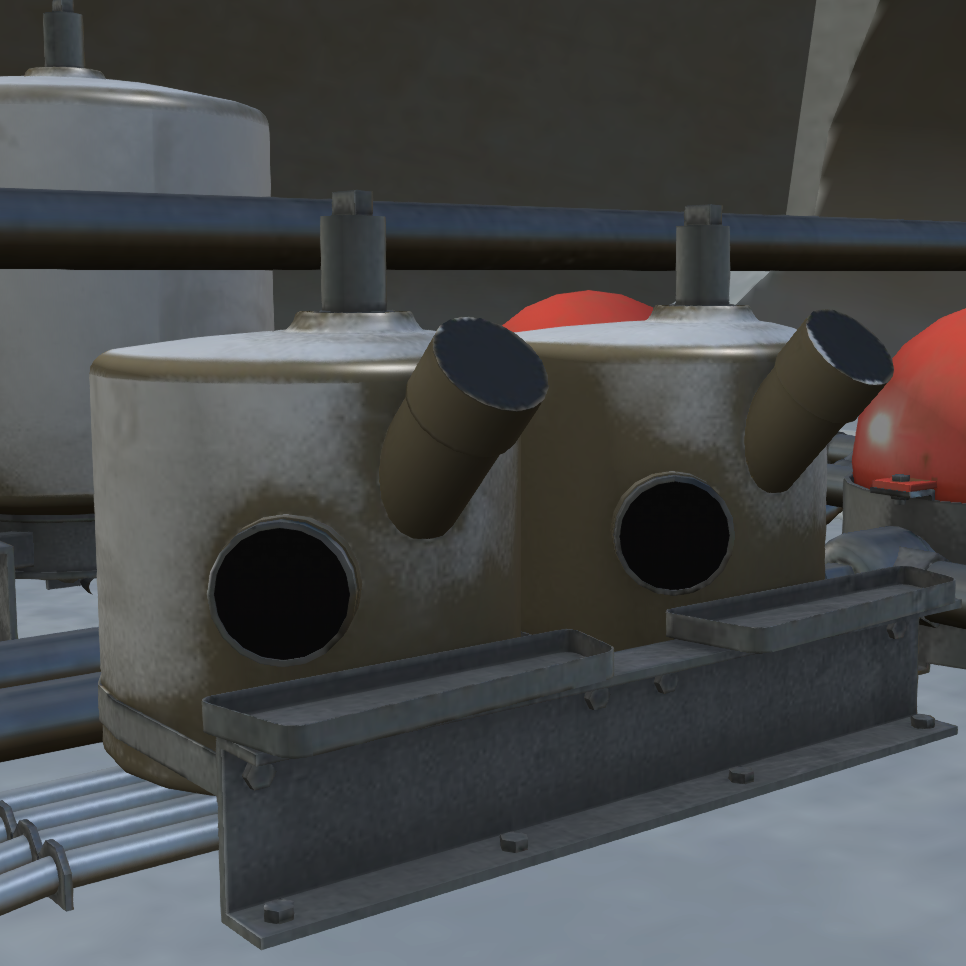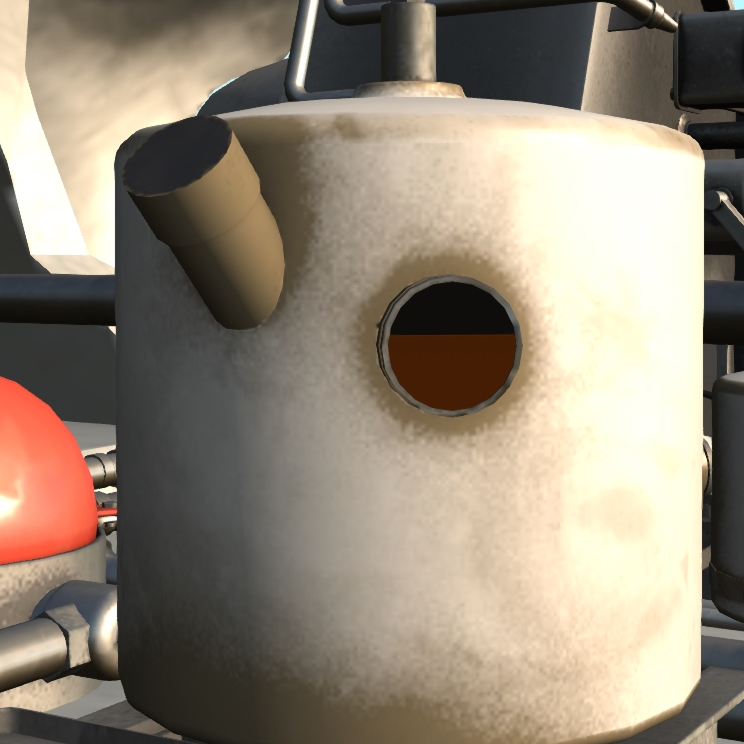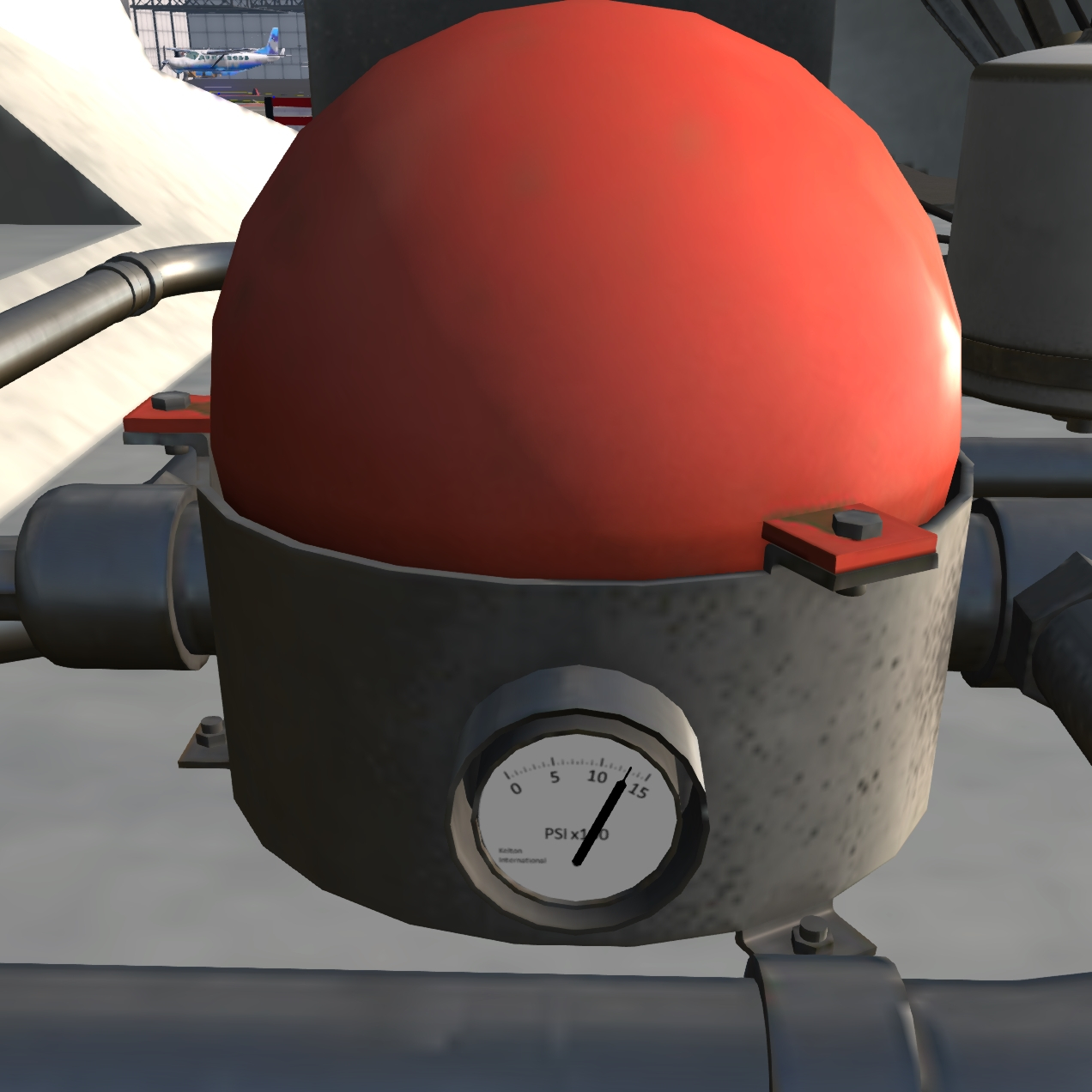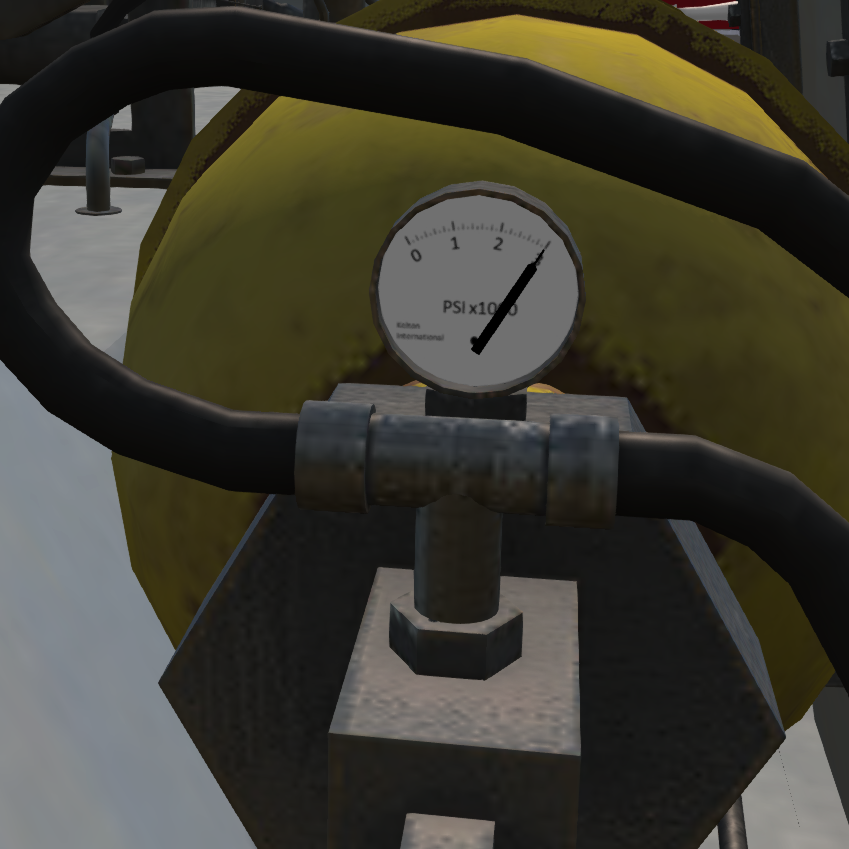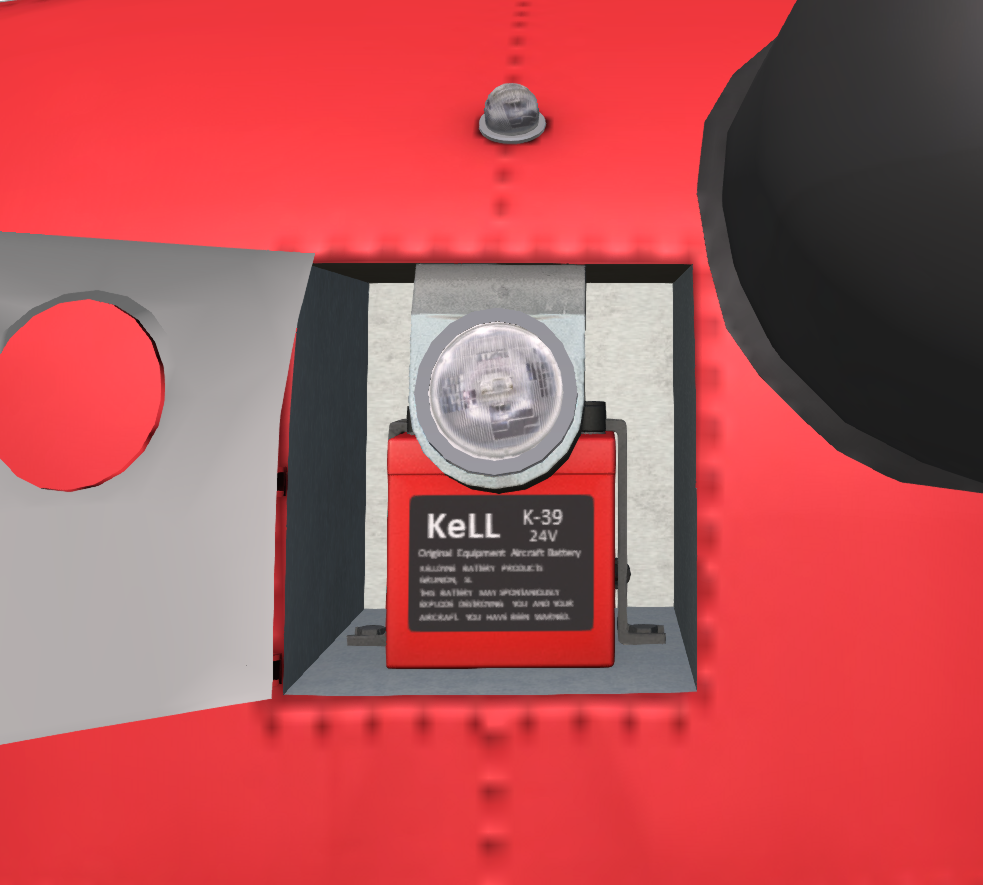Difference between revisions of "S-61R Pelican/Servicing"
(→Battery) |
(→Fuel) |
||
| Line 27: | Line 27: | ||
=== Fuel === | === Fuel === | ||
| + | |||
| + | ==== Gravity Refueling ==== | ||
| + | [[File:s61-gravity-refuel.jpg|thumb|right| | ||
| + | <figure id="fig:gravityrefuel"><caption>Gravity Refueling Ports</caption></figure> | ||
| + | ]] | ||
| + | |||
| + | Gravity refueling ports are located on the left side of the aircraft in front of the left sponson. The forward auxiliary and tank fillers are located behind separate panel doors, while the aft auxiliary and main tank fillers are located behind a shared panel door. To refuel a tank through the gravity refuel system, the panel door must be open and the tank cap must be removed by clicking on them. Tanks can be filled using either KellyFuel or by using the "refuel" chat command. | ||
| + | |||
| + | The front strut can be used as a ground point while refueling. Always properly ground your aircraft before fueling to avoid a static discharge from sparking a potential fuel fire. | ||
Revision as of 14:50, 21 June 2020
SECTION 8. SERVICING
1 General
This section describes the various servicing points for your S61R. Servicing included normal servicing such as topping off of fluids, and refueling the aircraft.
2 Service Points
This section describes all the fluid, pressure and battery servicing points in the S-61R. Each fluid filler point has a sightglass to see the current fluid level, and a cap you can click to add fluid. Pressure bottles have an attached pressure gauge.
3 Fuel
3.1 Gravity Refueling
Gravity refueling ports are located on the left side of the aircraft in front of the left sponson. The forward auxiliary and tank fillers are located behind separate panel doors, while the aft auxiliary and main tank fillers are located behind a shared panel door. To refuel a tank through the gravity refuel system, the panel door must be open and the tank cap must be removed by clicking on them. Tanks can be filled using either KellyFuel or by using the "refuel" chat command.
The front strut can be used as a ground point while refueling. Always properly ground your aircraft before fueling to avoid a static discharge from sparking a potential fuel fire.
